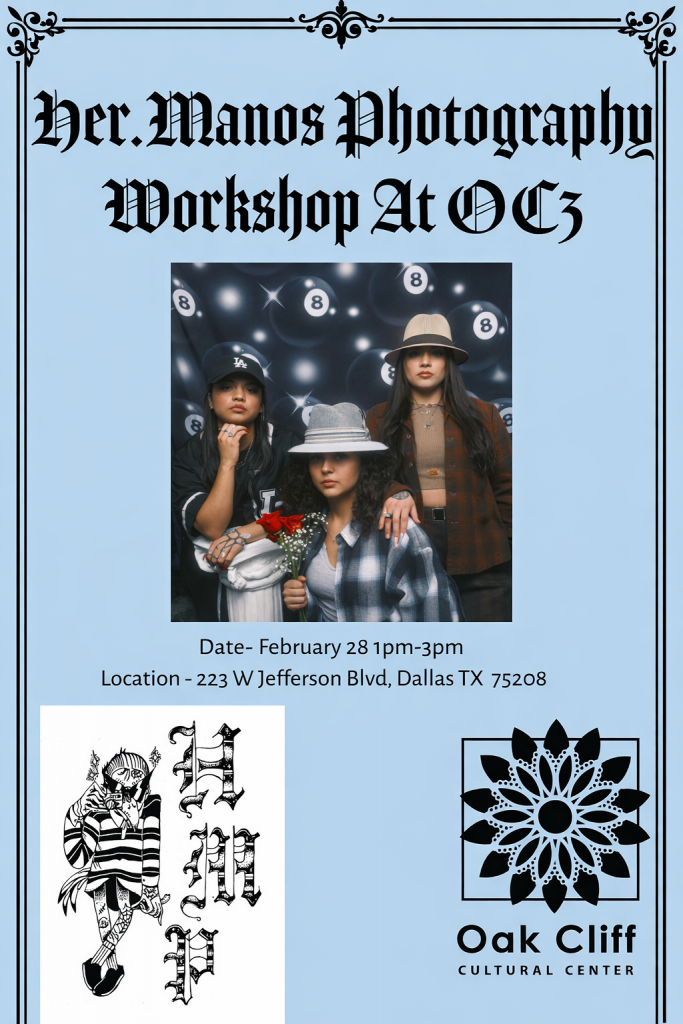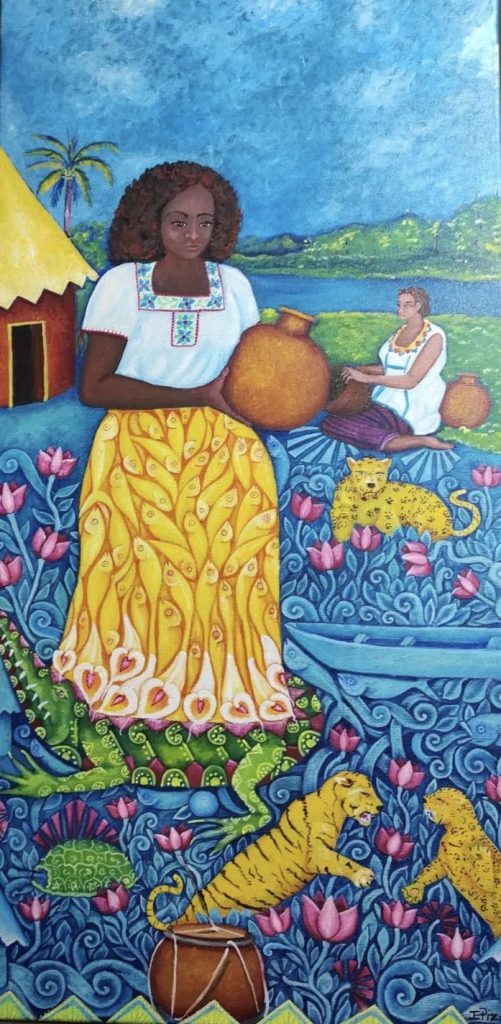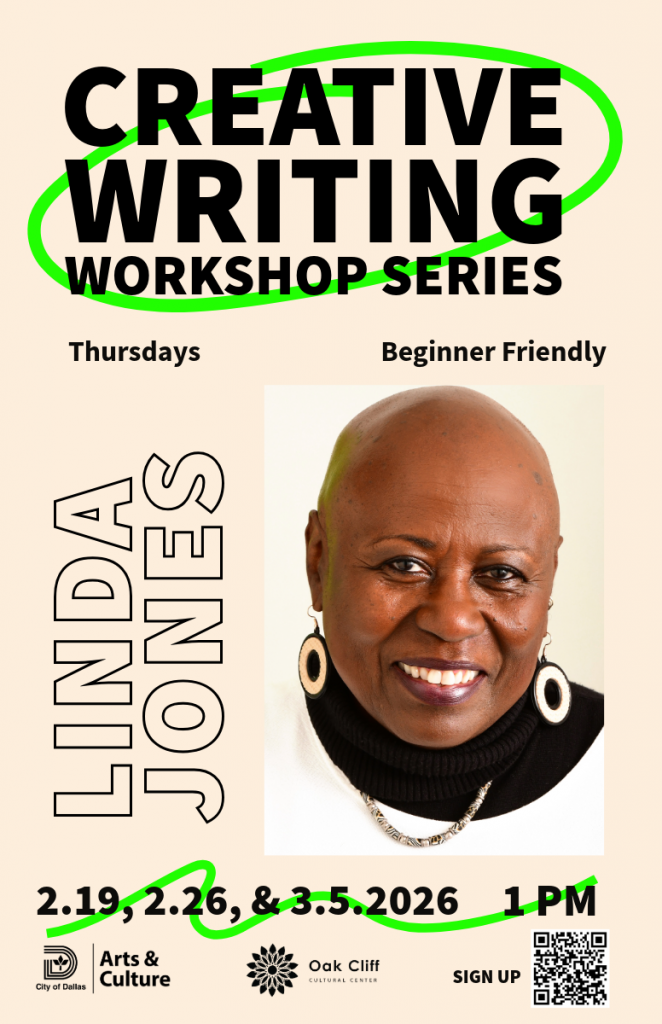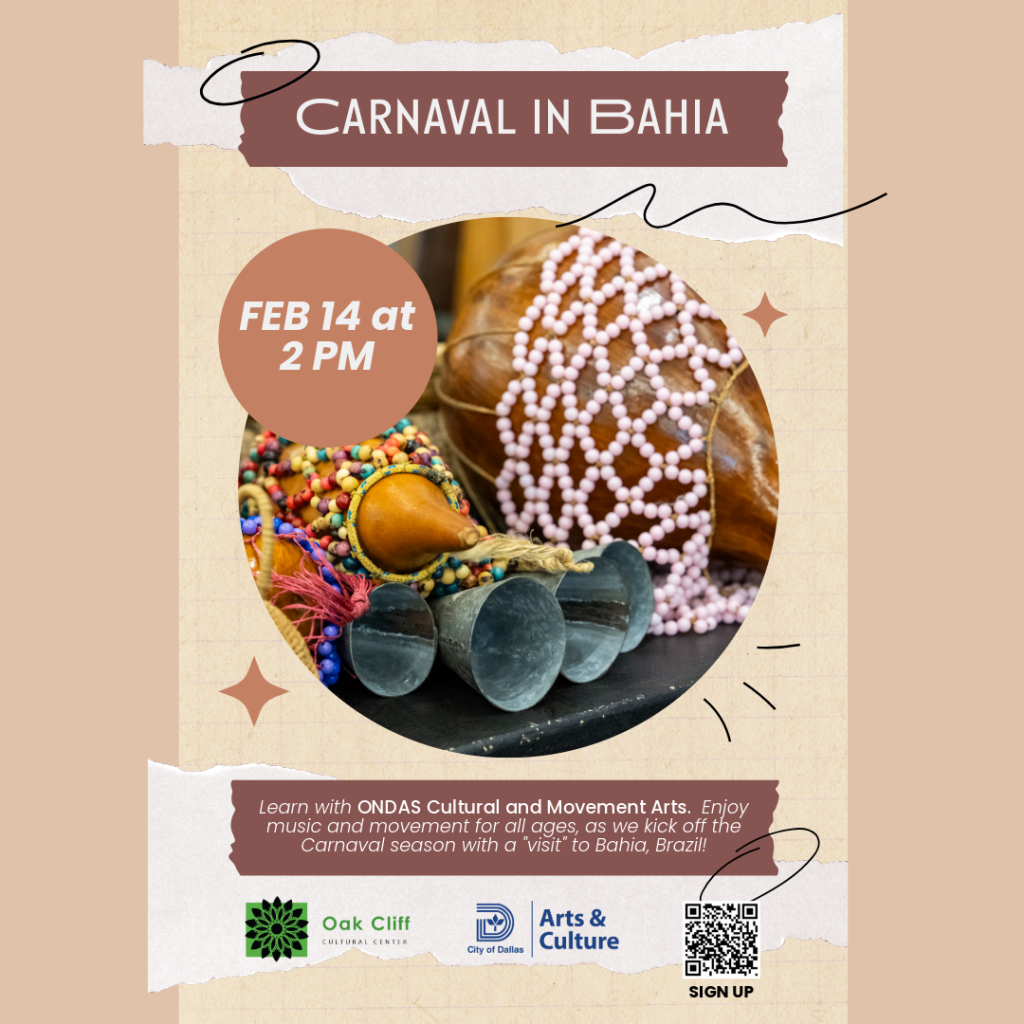Cultural Practices of Honoring Ancestors IG Live

Wednesday, October 23, 2024, via IG Live at 12 noon CST
Join us Wednesday, October 23, 2024, at 12 noon CST via Instagram Live for conversation between Tashima Thomas @lapapayarose and Candice D’ Meza @candicedmeza about cultural practices of honoring ancestors especially highlighted during October/November and intersections with Halloween.
October is a significant time for many spiritual traditions, and Hoodoo Heritage Month, founded by Mama Rue @mamaruehh and the Walking the Dikenga Collective in 2019, highlights the importance of honoring Hoodoo’s rich legacy. Hoodoo, a deeply rooted spiritual practice born from the resilience and magico-religious traditions of formerly enslaved African Americans, has often been misrepresented. This month-long observance resists these misrepresentations while celebrating the culture, wisdom, and power of ancestral practice.
In close proximity, October 31st marks All Hallows’ Eve (Halloween), a day associated with honoring the dead and spiritual transitions. Following this, early November brings a convergence of remembrance days, including:
- All Saints’ Day (November 1st), observed by many Christian traditions to honor all saints.
- All Souls’ Day (November 2nd), focusing on the souls of the departed).
- Dia de los Muertos (Mexico, November 1st-2nd), a vibrant celebration of life and death where families remember their loved ones with altars, offerings, and communal rituals.
- Fet Gede (Haiti), celebrated in early November, a Vodou festival where spirits of the dead (Gede) are honored through ceremonies, offerings, and celebrations.
These observances, despite cultural differences, share a reverence for ancestors and the spiritual world. Hoodoo Heritage Month, in particular, plays a key role in reclaiming the narrative around African American spiritual practices and their ancestral roots.
Tashima Thomas is an art historian, gastronome, curator, and cultural critic. She currently serves as Assistant Professor of Art History at Southern Methodist University specializing in the art of the African Diaspora. She received her PhD in Art History from Rutgers University and focuses on food pathways, visual and material culture, racial formation, Afro-Gothic as an aesthetic and theoretical framework, and the environmental humanities. Her book manuscript Edible Extravagance: The Visual Art of Consumption in the Black Atlantic is under contract with SUNY Press, The Afro-Latinx Futures Series. Her work has been published in peer-reviewed journals, exhibition catalogues, and edited volumes.
Candice D’Meza is an African American-Haitian Queer Mother of three and Spiritist whose artistic body of work spans across theatre, performance, literary genres, activism, dance, critical pedagogy, ritual, social practice, documentary, experimental, and short film. She uses the textures of grief, the world building of science fiction, afro-futurism, and fantasy, with the spiritual technologies of African and Diasporic African cosmologies. Her work has been featured, published, performed, screened, and archived at institutions across the nation.





